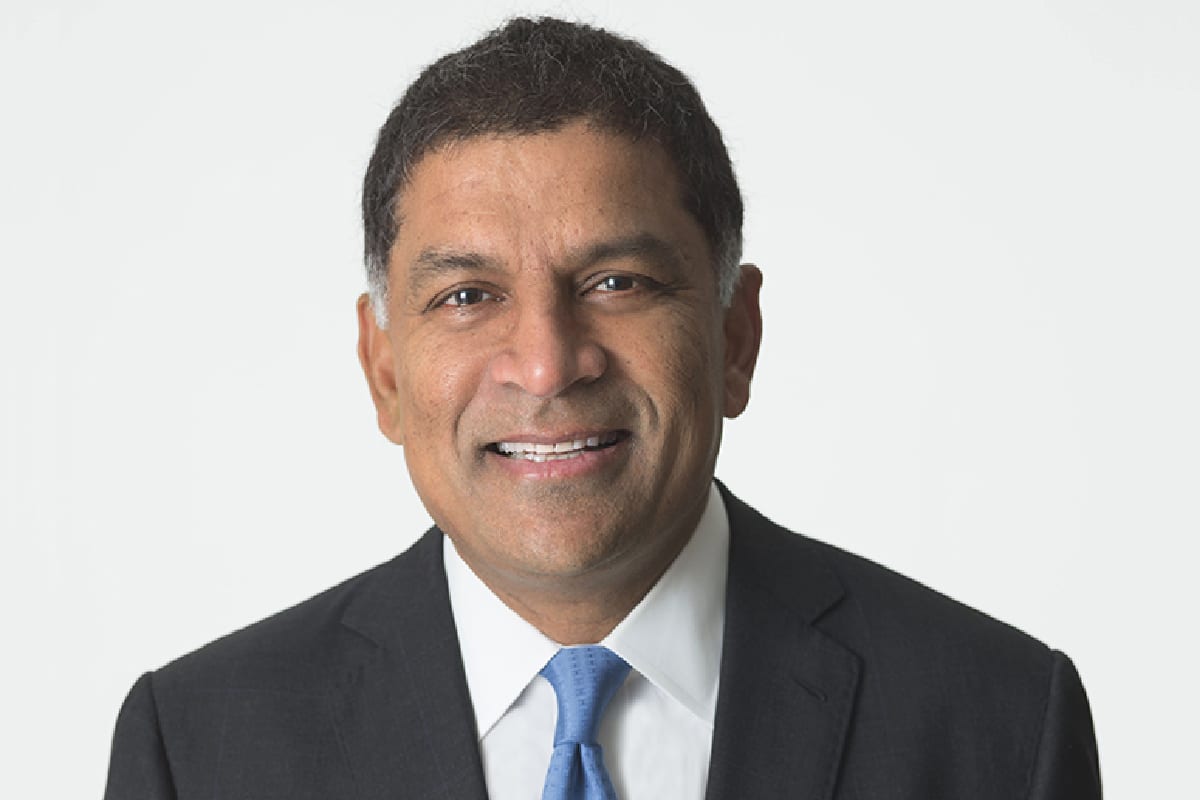
Albertsons CEO Vivek Sankaran said Friday that he’s pleased about the company’s initial public offering, even as its shares fell a few dollars short of expectations.
The grocery store operator began trading Friday on the New York Stock Exchange under the ticker “ACI.” It debuted at a lower-than-expected $16 per share, below its $18-$20 target range.
On CNBC’s “Squawk Alley,” Sankaran said the drop in price reflects the volatility of the market, not the strength of the company.
“It’s so hard to predict what’s happening in the market anymore,” he said. “It’s so different from the beginning of the week to the end of the week, but we are just proud that in this extremely difficult environment, in the middle of a pandemic, we were able to IPO the company.”
Sankaran said the IPO is “a great accomplishment” for Albertsons, and it’s focused on providing fresh groceries to customers over the long-term, whether they choose to shop online or in stores.
Shares closed down about 3% Friday at $15.45.
Albertsons was founded in 1939 in Boise, Idaho. Since then, the grocery operator has grown to about 2,250 stores in 34 states and Washington, D.C. under its own name and other banners, including Safeway, Vons and Tom Thumb. All of its stores are in the U.S. and its headquarters are still in Boise.
Sankaran became CEO of Albertsons last spring. He was previously the CEO of PepsiCo Foods North America.
Over the past few years, Albertsons has been trying to go public or expand. Private equity owner Cerberus Capital Management LP has pushed the company towards an initial public offering. Two years ago, Albertsons made plans to merge with Rite Aid Corporation, but dropped the $24 billion deal after some investors objected.
The grocer has gotten a bounce in recent months as Americans have stocked up on groceries and cooked more at home during the coronavirus pandemic. Its sales in March and most of April were up 34% from last year.
Sankaran said online grocery shopping is an important growth area, especially in recent months, but he said many customers still prefer to make purchases in person.
“Stores still matter,” he said. “A lot of customers shop stores and use the delivery and it’s the combination that makes it really powerful and we’re betting on that.”
Like other grocers, Albertsons has thin margins and it has had to take on more costs to stock shelves, clean stores and fulfill online grocery orders during the pandemic.
Sankaran said it’s focused on growing profits by winning more market share. He added that the company is “very good” at mergers and acquisitions and that’s how it’s built the company. It was one of the companies that explored a bid on Whole Foods before Amazon bought the company.
“Right now, we’re focused are creating more value through the assets that we have and we have a great set of assets,” he said. “We have plenty of headroom there. But we’re always eyes open. When the right opportunities come by, we will do it.”



